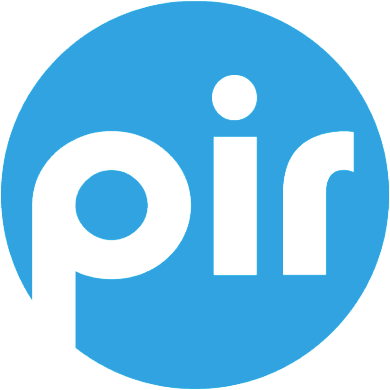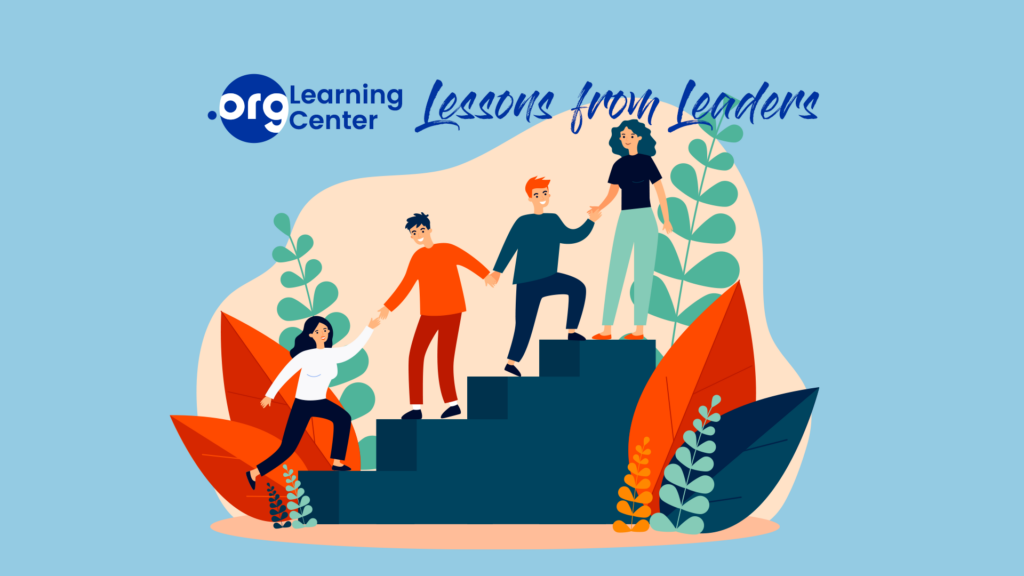Letters for Strangers began as a school club in California and now reaches teens all over the world. Learn how Diana Chao, Founder and Executive Director, grew her .ORG into the largest global youth-run non-profit focused on destigmatizing mental illness and increasing access to affordable, quality treatment.
When did your school club evolve into a .ORG?
We didn’t register a website until 2017, after I graduated from high school and felt like I could fully and publicly embrace my health history without fear or shame. When it came time to buy a domain, choosing .ORG felt obvious. We had already started Chapters in several states by that point thanks to word of mouth, but for us to truly step onto the global stage, we needed to present ourselves in a way that was concise, serious, and future-oriented. .ORG, as such a recognizable name, represented all of that.
How did you navigate growing your .ORG globally?
The wonderful thing about the internet is that more people can access information than ever, typically in real-time. This meant that people from all over the world searching for mental health information, particularly for youth, could stumble across our website and sign up to be trained and on-boarded by us all within the same day. By combining a well-built website with specific information on what we do to establish clarity, using our website to emphasize our key values in order to attract audiences with similar passions, and integrating social media into our digital brand awareness strategy, we were able to bring our work to all corners of the globe. Of course, we also had wonderful partnerships with conferences, other global organizations, and educational institutions along the way to bring our programs to more people.
How do you sustain successful operations across the world?
We operate on a decentralized model, so our branches on the ground (like at school campuses or in specific regions), which we call Chapters, are given as much training and support as they need but ultimately given the autonomy and trust to operate in their communities the way they know is best for their peers. They correspond with our team at headquarters, which features members from all over the world. The fact that our HQ team itself is so global helps ensure that we develop all our programs with different cultural perspectives in mind, whether that’s for programs adapted by our Chapters for their communities or our public-facing, general programs (educational resources, our new magazine and podcast, advocacy goals, etc.). Certainly, receiving feedback from folks is key to making sure we are being intentional about inclusivity and equity especially given how broad our reach is, so we have multiple methods of qualitative and quantitative evaluation that motivate our constant program improvements.
What has been the biggest challenge managing an international .ORG?
The biggest challenge has definitely been not being able to be in multiple places at the same time. There are so many people who I’ve worked with for years who I’ve never met in person. That being said, it’s also a challenge that has forced us to adapt in innovative ways. We were a remote team long before the pandemic and are used to using online tools with low-data alternatives. Ultimately, it is a difficult but rewarding quest to find the right balance between digital connectivity, socioeconomic equity when it comes to digital access, and the undeniable power of in-person contact.
What advice would you give other leaders looking to expand their reach?
Know why and to whom you want to expand your reach. Of course it’s nice to have bigger numbers to report, but ultimately bigger numbers don’t mean much if most of those numbers belong to people who are not the ones that need your services the most. By understanding your goals and values clearly, your reach will expand in a way that is aligned with what you provide, which ultimately leads to higher retention rates, higher satisfaction and quality of life for your team and those you impact, and a more frictionless process as you expand your existing procedures to allow for more people to take part.
Letters to Strangers is the largest global youth-run nonprofit seeking to destigmatize mental illness and increase access to affordable, quality treatment, particularly for youth.
They want to make mental health personal, because each person deserves to be treated as the individual they are. No one’s identity should be buried beneath statistics. Indeed: often there is nothing greater than a person-to-person human connection.

